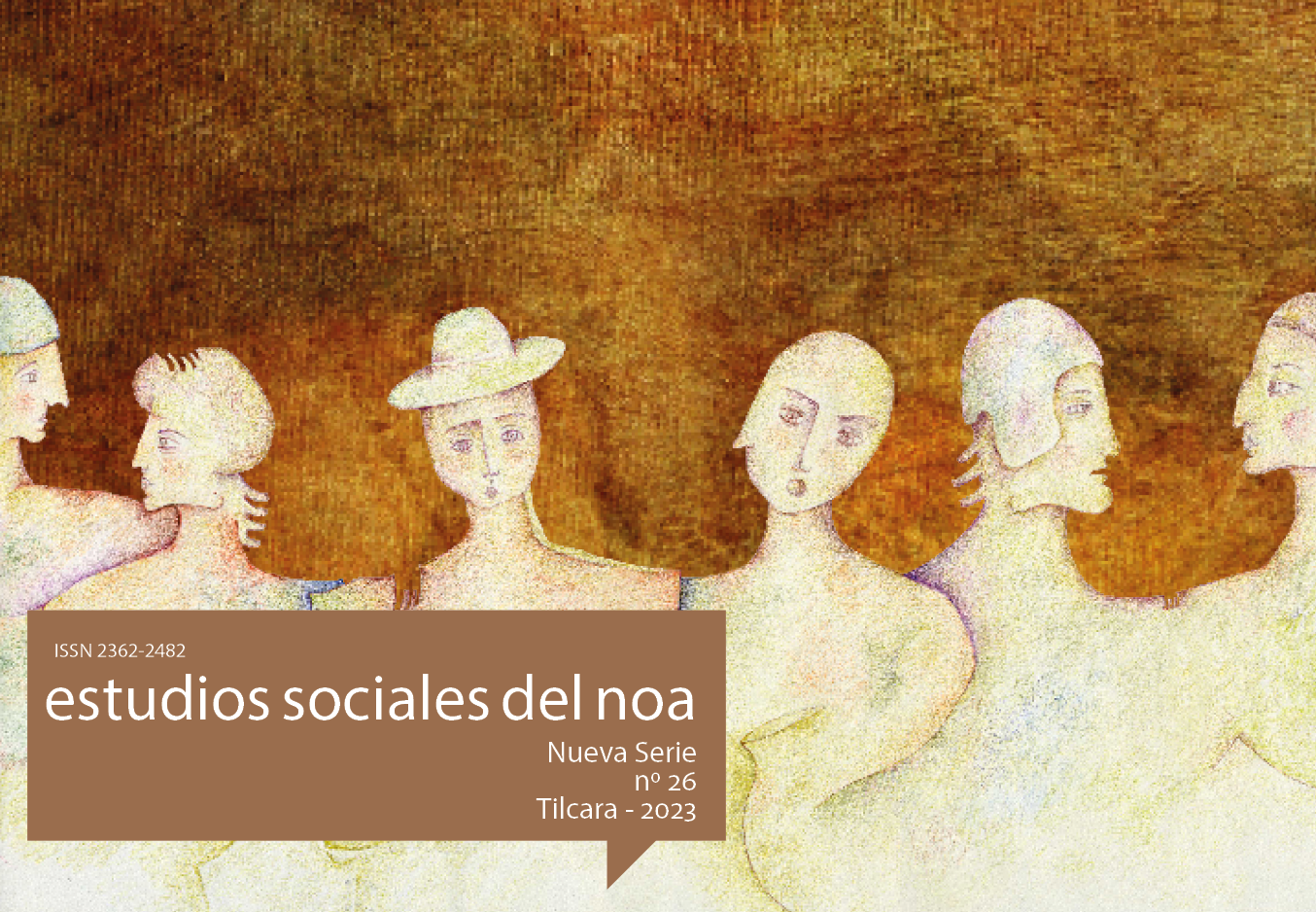Seudoarqueología y política en Jacques de Mahieu
Resumen
El intelectual francés Jacques de Mahieu (vinculado a la extrema derecha colaboracionista en Francia, y próximo al peronismo al migrar al país, tras la liberación de Francia de los nazis) introduce una inflexión especialmente reaccionaria al interior del debate interdiscursivo en torno al papel de la arqueología en la definición de la identidad continental, al desplegar la hipótesis de una conquista prehispánica del continente, por parte de los vikingos y los caballeros templarios, quienes habrían alcanzado incluso el noroeste argentino, siendo los responsables de todos los logros civilizatorios indígenas. Este artículo se centra en el ensayo El imperio vikingo de Tiahuanacu (1985 [1982]), considerando algunos puntos de contacto entre las tesis de de Mahieu y las especulaciones esotéricas previas del indianismo romántico americano y sus derivas vinculadas con el nazismo. Al mismo tiempo, este trabajo pone en diálogo las ideas allí implícitas sobre la dinámica social, cultural y política, con las reflexiones del mismo autor sobre la biopolítica y la “comunidad organizada”, elaboradas en décadas previas.Descargas
Los/as autores/as que publiquen en esta revista aceptan las siguientes condiciones:
- Los/as autores/as o traductores/as conservan los derechos de autor y ceden a la revista el derecho de la primera publicación, con el trabajo registrado con Licencia Creative Commons Atribución-NoComercial-CompartirIgual 4.0 Internacional, que permite a terceros utilizar lo publicado siempre que mencionen la autoría del trabajo y la primera publicación en esta revista.
- Los/as autores/as pueden realizar otros acuerdos contractuales independientes y adicionales para la distribución no exclusiva de la versión del artículo publicado en ESNOA (p. ej., incluirlo en un repositorio institucional o publicarlo en un libro) siempre que indiquen claramente que el trabajo se publicó por primera vez en esta revista.












